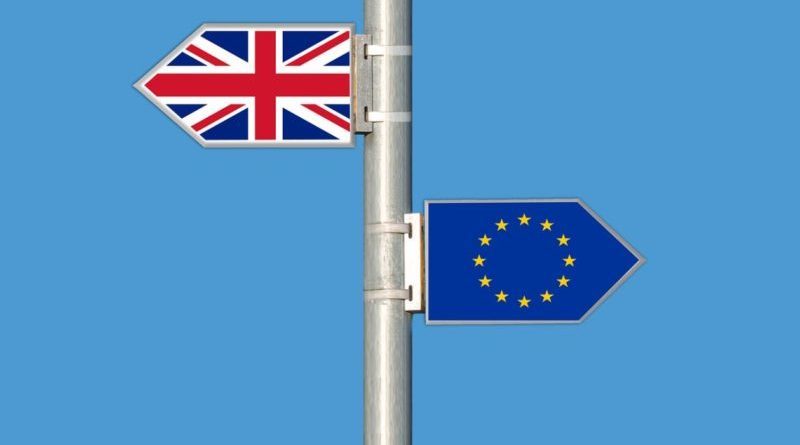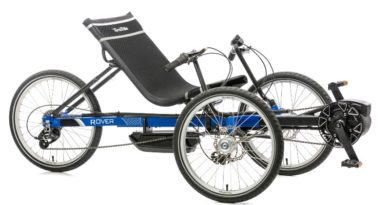Brexit: The ongoing cost and consequence on trade
Out in the wider world, beyond the rarefied air of Westminster, there are an increasing number of examples of cost and consequence of Brexit for the cycling world, both for business and consumers.
CyclingIndustry.News research has found that bike retailers in the UK are, at a ratio of 12 to 1 selling less versus more product into Europe from the UK year-on-year. With the UK largely reliant on imports and now trading on differed terms to our European neighbours, price disparities on products either side of the water are fast emerging.
One RRP based example, highlighted this week; the Decathlon R500 Electric Cargo Bike, reported by ebiketips to cost £1,000 more in the UK than in Europe. In an earlier ebiketips feature, a Decathlon spokesperson explained:
“The UK’s exit from the European Union has made it more expensive to import stock. It also meant that Decathlon UK had to expand the size of the supply team in order to deal with the additional administration, costs and duties associated with Britain’s exit from the customs union.
“In the UK specifically, we have the obvious challenges involved in dealing with constantly changing exchange rates, coupled with the post-Brexit burden of having to pay import duties twice on a number of products (once as goods enter the EU, and again once they enter the UK).”
With a broader view on supply in an out of Britain, a new report from one of Europe’s price comparison leaders has found that there has been a 28.8% decline in imports of goods from the EU and 40.7% dip the other way, which is leaving retailers with certain stock fulfillment headaches. As a result prices of many consumer goods have risen, with the price of imported kids’ bikes said to be up by as much as 28%.
For domestic manufacturers, some of whom will have lobbied for and benefitted from recent tariff adjustments, that holds some good news (up until the point where they plan to export). Previously Welsh bike maker Frog Bikes described having seen profit “wiped out” as it exports near half of its bikes, as well as encountering new costs in the process of doing business with Europe.
Part of the problem exporting also hinges on tariffs applied on parts, which is well detailed in this BikeRadar piece where Cotic gives examples. Then there’s the paperwork headache that is far from frictionless in comparison to what came before. “Take these damn administration codes. You might be one digit out and instead of waiting seven days for 200 pieces of kit to arrive, you’re waiting two months. All because of one digit,” explained apparel company Pro Vision’s Founder Steve Joughin.
The complexity of doing business with the UK has seen one bike brand, Rose, stop selling into the UK, and others, with European online retailers limiting service to UK customers. With this in mind, Cycling UK previously raised ongoing concerns about the financial consequence of post Brexit changes to regulation. Far from representing opportunities, the vast majority are finding new challenges more akin to pushing water up hill. This August 2022 published Internet Retailing feature explores the wider impact of Brexit on UK retail, including domestic brands.
Two years on the Brexit trade disadvantages are clearer. For many, the frustration is that there is global demand, however, the cost and complexity has simply made business more expensive, which can only limit the market potential.
Any consolation out there? It’s not just the cycle trade suffering at the hands of “Get Brexit Done” champions, ignoring the reality of the situation. Cue 30 year specialist import professional (and self-confessed Tory voter) sharing his experience of Brexit, only to have Jacob Rees-Mogg side step and effectively say, “you’re wrong”.
Many will be aware that Dominic Langan, CEO of Madison, isn’t backward in coming forward when addressing challenges brought about as a consequence of Brexit. As the head of one of the largest cycling distributors in the UK, few are better placed to share the true impact of Brexit on UK companies doing business in an international industry; on Twitter the @dominiclangan handle has a few stories to share. Dominic also recently featured in the CI.N 2022 recap podcast where he lightly touched ont he topic. You tune in to that episode here.
On this same podcast Adrian Mawdsley at Raleigh said: “For us as a business (Brexit) has not been great. We are a Euro-centric business, a lot of our bikes are assembled in Europe, so we’re adding on tariffs for import or export. Don’t forget we are a UK-based company and we do service Ireland. So, (factor in) tariffs and paperwork, plus the additional admin costs and time. I must admit, early in 2022 it was quite problematic. Courier companies were not set up for it, the detail had not been worked out. A lot of Uncertainty and head scratching.”
“In some cases we have had to raise prices, i’d certainly say for Raleigh Brexit has not been a good thing,” he concluded.



